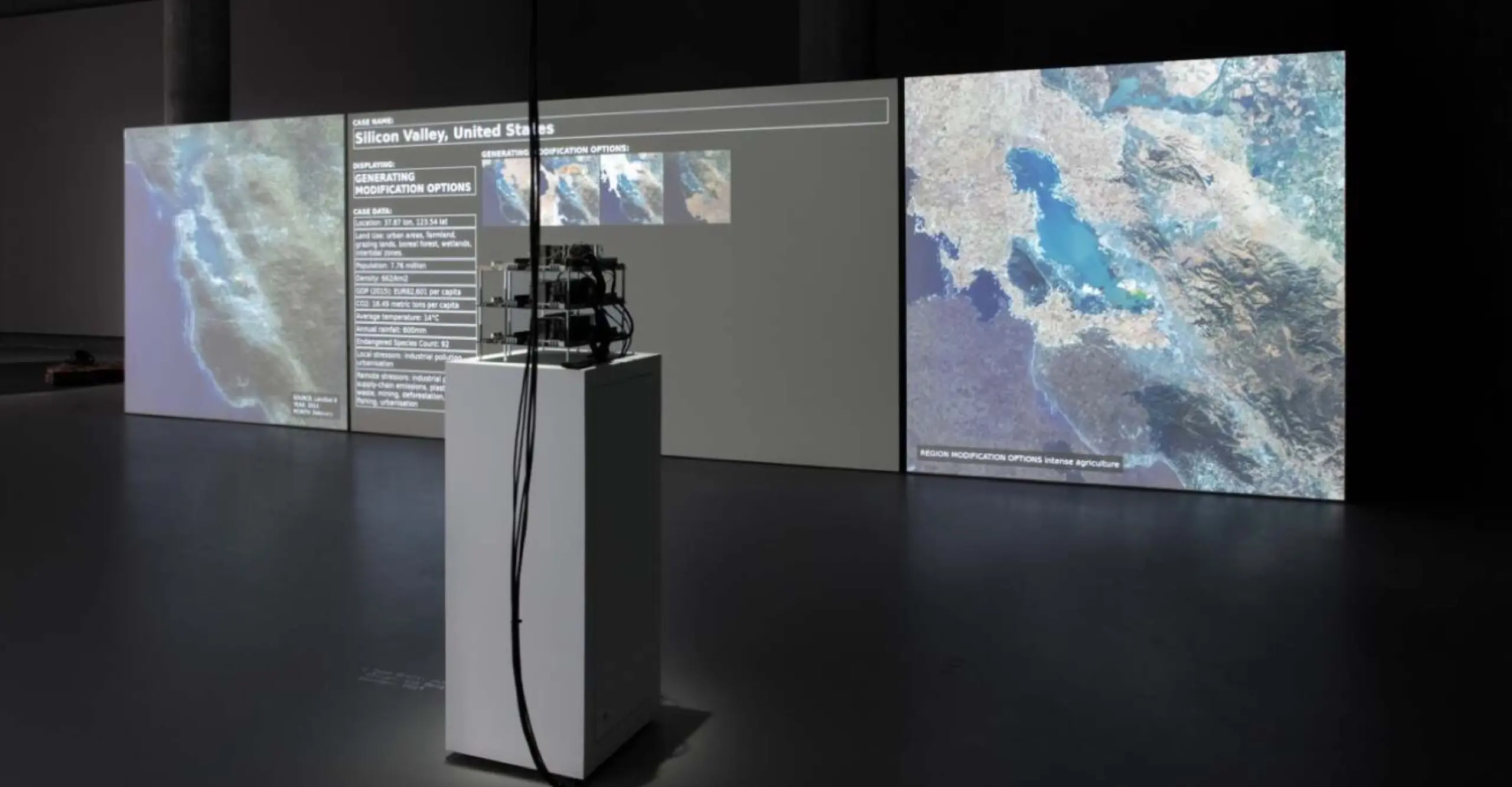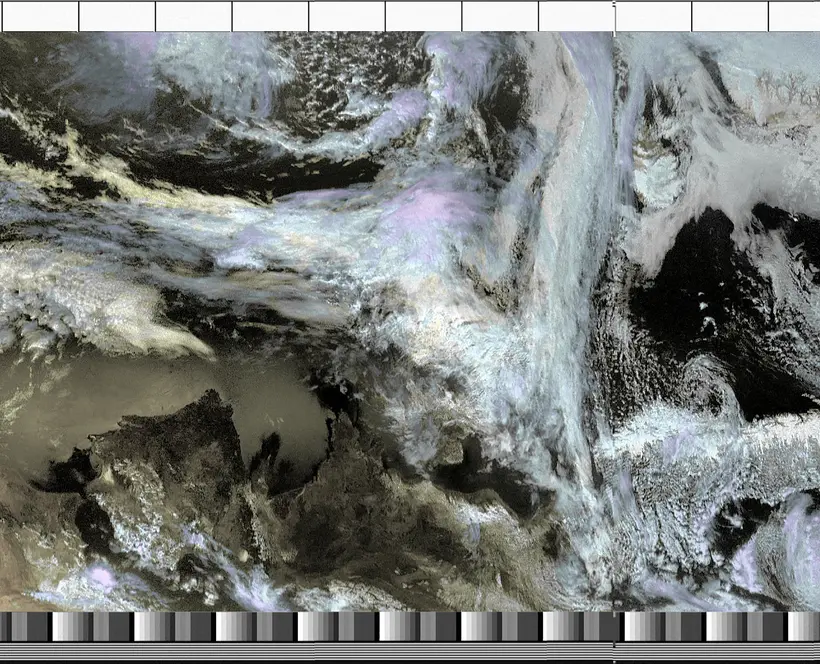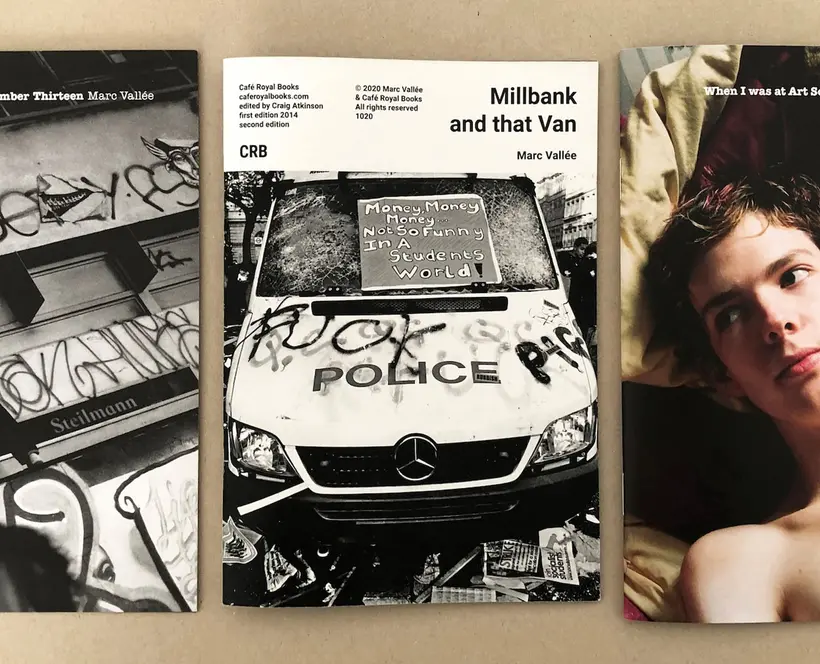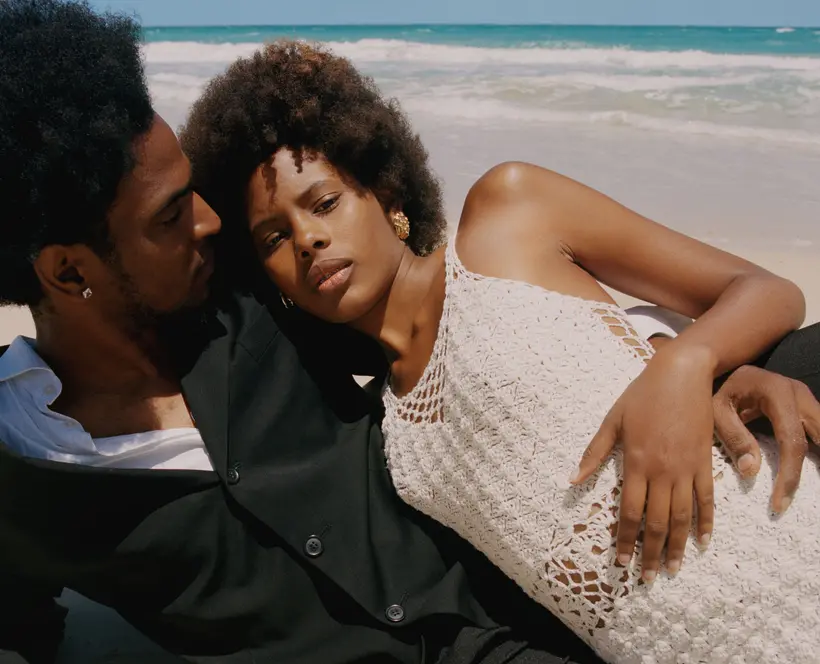This panel discussion, which coincides with the COP26 Conference in Glasgow, brings together artists Tega Brain and Emilija Škarnulytė to reflect on climate change. In respective projects like Asunder (2019) and Eternal Return (2021), the two artists use moving image, installation and digital technology to consider the current environmental condition. Featured here in this regard, they will consider the impact of photography and contemporary art — not just in raising awareness of the issue but in creating meaningful connections to climate change and in triggering new imageries that can stir us into action. This discussion will be moderated by curator Marlies Wirth (MAK, Vienna, Austria).
Watch Now
Biographies
Tega Brain is an Australian-born artist and environmental engineer whose work examines issues of ecology, data systems and infrastructure. She has created wireless networks that respond to natural phenomena, systems for obfuscating fitness data, and an online smell-based dating service. Her work has been shown widely including in the Vienna Biennale for Change and the Guangzhou Triennial. Her first book, Code as Creative Medium (2021), is co-authored with Golan Levin and published with MIT Press.
Emilija Škarnulytė is a nomadic visual artist and filmmaker. Working between documentary and the imaginary, Škarnulytė makes films and immersive installations exploring deep time and invisible structures, from the cosmic and geologic to the ecological and political. Winner of the 2019 Future Generation Art Prize, Škarnulytė represented Lithuania at the XXII Triennale di Milano and was included in the Baltic Pavilion at the 2018 Venice Biennale of Architecture. With solo exhibitions at Tate Modern (2021), Kunsthaus Pasquart (2021), Den Frie (2021), National Gallery of Art in Vilnius (2021), CAC (2015) and Kunstlerhaus Bethanien (2017), she has participated in group shows at Ballroom Marfa, Seoul Museum of Art, Kadist Foundation, and the First Riga Biennial. Her numerous prizes include the Kino der Kunst Project Award, Munich (2017); Spare Bank Foundation DNB Artist Award (2017), and the National Lithuanian Art Prize for Young Artists (2016). Her films are at IFA, Kadist Foundation and Centre Pompidou collections and have been screened at the Serpentine Gallery, UK, the Centre Pompidou, France and in numerous film festivals including in Rotterdam, Busan, and Oberhausen. She is a founder and currently co-directs Polar Film Lab, a collective for analogue film practice located in Tromsø, Norway and is a member of artist duo New Mineral Collective, recently commissioned for a new work by the First Toronto Biennial.
Marlies Wirth is an art historian and curator based in Vienna, working at the MAK – Museum of Applied Arts, Vienna. As the Curator for Digital Culture she has a key role in the programming of the VIENNA BIENNALE (2015 – 2021) and is head of the MAK Design Collection. She curates exhibitions and programs in the fields of art, design, architecture, and technology and is regularly a member of international art and design juries. Recent exhibitions include INVOCATION FOR HOPE. A Commission by Superflux (2021), CLIMATE CARE. Reimagining Shared Planetary Futures (2021), FOSTER and Dark Euphoria (2021), UNCANNY VALUES. Artificial Intelligence & You (2019), ARTIFICIAL TEARS (2017), and the re-installation of the MAK DESIGN LAB in 2019. Focusing on conceptual art and cultural anthropological contexts of artistic production, she also develops independent exhibition projects and writes texts and essays for publications.
Ticketing
Be part of the conversation live over Zoom – book to receive your log in details. If you're unable to join the live conversation, the talk will later be published here and on our YouTube channel.
By booking for this event you agree to our Terms & Conditions.



